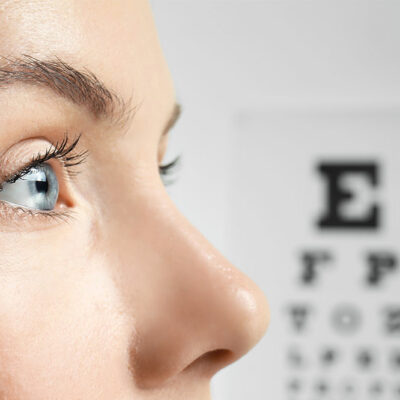
health
Ways to manage and avoid rheumatoid arthritis
Rheumatoid arthritis (RA) is a common health condition that leads to pain, swelling, loss of function, and joint stiffness. While the exact cause of RA is not known, healthcare experts say that factors like the environment, genes, and hormones influence the condition. Some people experience the disease for a short period, while others experience chronic symptoms. In either case, it is always good to learn a few ways to manage and avoid rheumatoid arthritis. Regular exercise Gentle exercises regularly will help strengthen the muscles around the joints. Speak to your doctor about the exercises suitable for your condition. Starting with a simple walk and then moving on to biking will also benefit your muscles. Learning relaxation techniques Other than exercise, involving yourself in relaxation activities can also help improve rheumatoid arthritis. Guided imagery, muscle relaxation, yoga, and guided imagery are a few relaxation methods to help soothe the pain. Practicing Tai chi The method is preferred to relieve stress in a person’s life. Studies have further revealed that Tai chi helps improve mood and quality of life in people with rheumatoid arthritis. The method combines gentle exercises, stretching, and deep breathing. Be sure to learn from a professional instructor, and avoid any movements that may increase your pain.



















